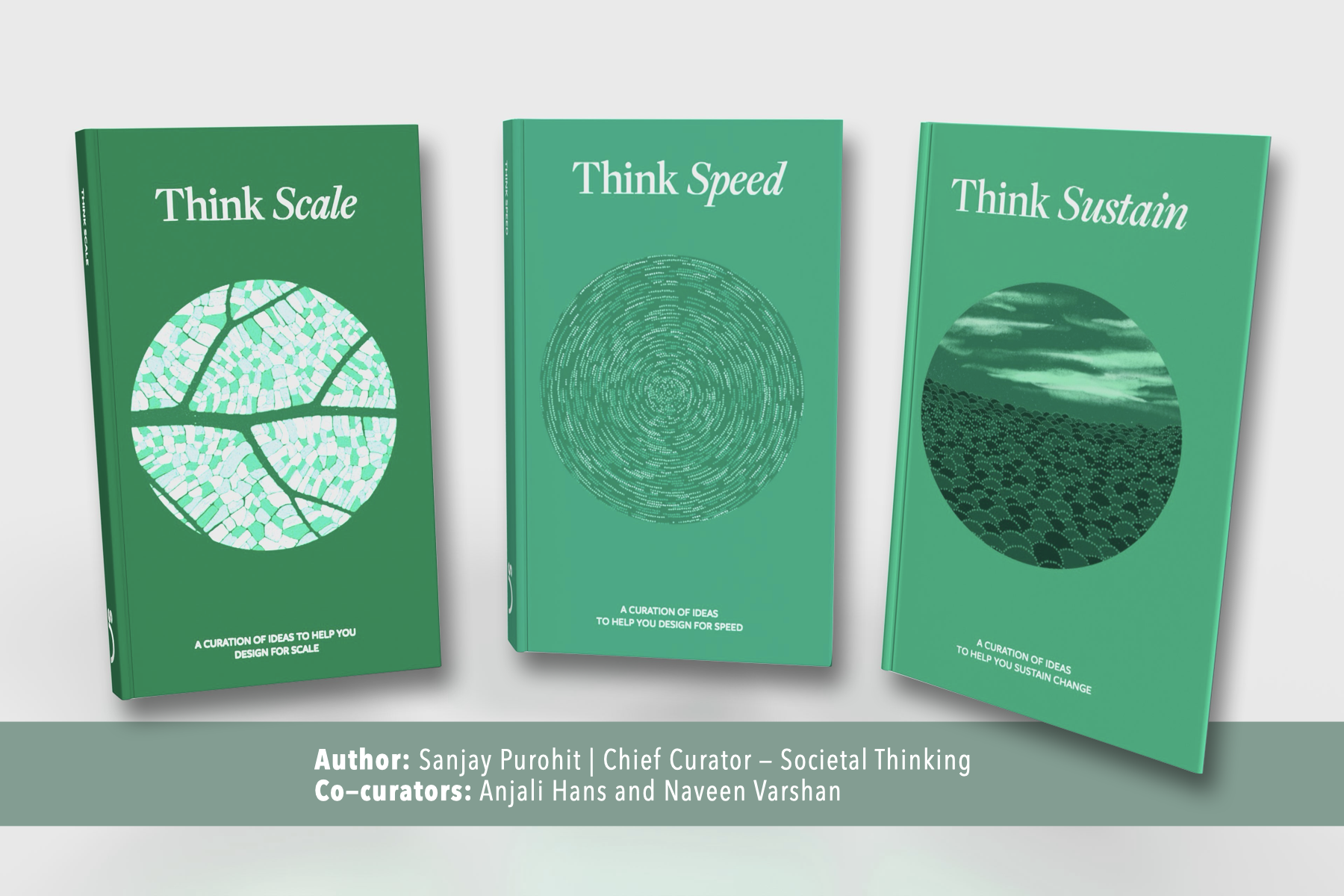Featured Article
Read More 
Restoring the agency of youth to solve small dent big
What if everyone could see, sense and solve the problems they face? What if everyone – citizens, NGOs, government and private sector actors – could be a change leader?





